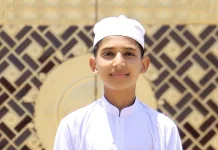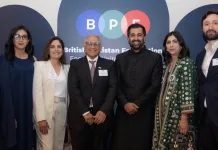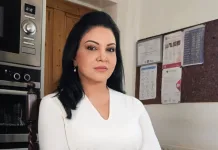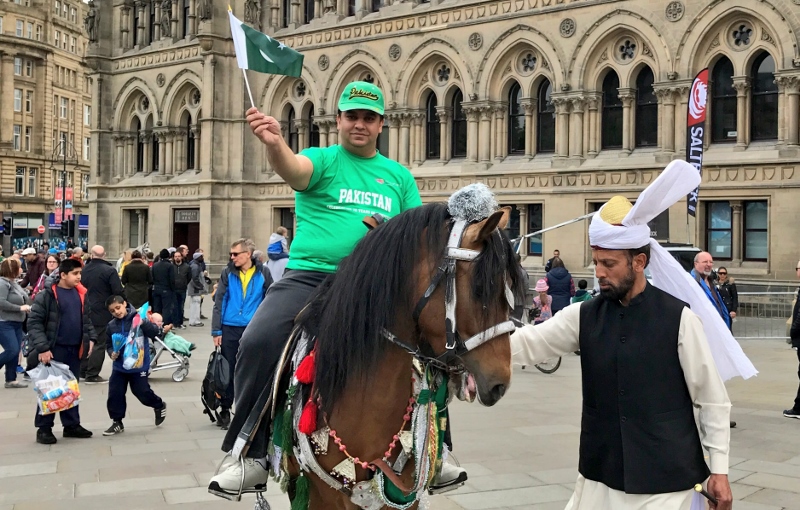Just over two weeks ago, disproportionate figures of Covid-19 victims showed around 35% of patients in Intensive Care Units were from ethnic minority backgrounds, this, despite BAME people making up only 14% of the UK population.
More locally, experts had predicted a stark number of deaths of those from ethnic minority communities.
Bradford, thankfully, has so far been able to avoid the large number of expected Covid-19-related deaths from within the Muslim community. So, what’s the reason behind this?
Well, a group of doctors on the governing body at a leading educational institute and mosque in Bradford, Al Markaz ul Islami, might just have the answer. The group of docs is also known as the ‘Al Markaz Medics’ and are GP’s, practicing locally.
Dr Shiraz Ali explains more: “Al Markaz ul Islami caters for the needs for around 1500 students, this alongside, our daily prayers, large weekly congregational gatherings, and the extra-curricular activities we host.
“By early March 2020, we knew it would only be a matter of days before the deadly virus would spread to Bradford.
“In order to protect our students, their families and the wider community, it was so important to reach out to the community, and keep them safe.”
He adds: “Without wasting any time, and before any official announcement by the government, we hit the ground running.”
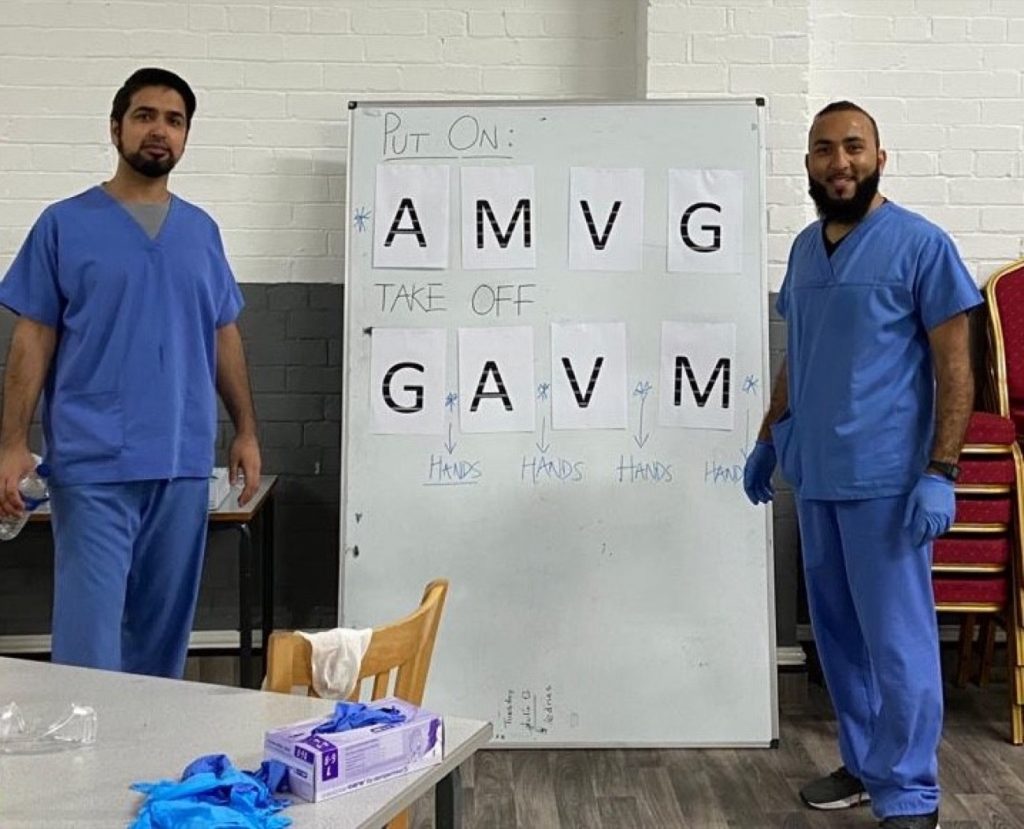
On 17th March 2020, the Al Markaz Medics produced a Covid 19, Standard Operating Procedure [SOP], for Al Markaz ul Islami.
This was later shared with other institutions across the city. It included early advice on the groups of people who should not attend the mosque, suspension of all unnecessary contact within the mosque setting and precautions in place leading up to a complete suspension of prayers/large gatherings in the mosque.
Ahead of the Government’s official lockdown on Monday 23rd March, Dr Ali addressed a large congregation at Friday prayers where temperature checks were introduced at the entrance, and attendees were made to wash their hands before entering the prayer hall.
The Al Markaz Medics didn’t stop there.
They held emergency talks with the Bradford Council for Mosques and presented infographics and key information on the pandemic. This included the latest guidance from Public Health England (PHE) and other relevant health bodies where predicted numbers of cases/deaths had been modelled.
The team had already cited the potential risk factors specific to Bradford such as higher than average rates of chronic health conditions and multigenerational households.
This information was formally presented to an all members meeting of the Council for Mosques, and based on this, the collective decision to suspend all daily prayers and large gatherings in mosques across Bradford was implemented on 18th March 2020.
The group took part in several media briefings including a national broadcast on the BBC which aired on 20th March, where they highlighted the seriousness of the virus and shared an official statement of guidance.
Dr Usman Hanif, of the group says: “We worked collaboratively with the Bradford Council for Mosques in engaging with the wider community.
“The mere contemplation of suspending daily prayers and Jummah congregations was heart-breaking, however we knew this was necessary to save lives.”
The medics also produced five short videos in Arabic, Bengali, Pushto, Turkish and Urdu reinforcing the message of #StayHome #StaySafe.
Dr Tahir Shaheen explains: “We realised that there was a huge gap in the national strategy.
“Not all communities were understanding the message of stay at home and stay safe. The videos were key in reaching out to all sections of the community.”
The medics had also become acutely aware of the plight of those patients, and their families, who were suffering due to the restrictions in hospital visiting.
They consulted with founder of Al Markaz ul Islami, Mufti Qazi Hassan Razza who went on to meet the Bradford Hospitals chief nursing team to discuss how the Institute could provide chaplaincy support for sick and dying patients and their families. The institute also offered its space to the hospital.
Mufti Qazi Hassan Razza comments: “The community put their complete trust in us.
“They listened and followed our advice and guidance, this has undoubtedly saved countless lives. None of this would have been possible without their support, the community response has been phenomenal, to everyone we say – thank you’.
“The group have been very clear in that we have some way to go before the crisis is over, so it is extremely important that we continue to follow government guidance, maintain social distancing and stay at home in order to save lives and our NHS.”
As the medics continue to closely monitor the national strategy, they are now focused on making sure those requiring urgent medical assistance are getting the help they need.


